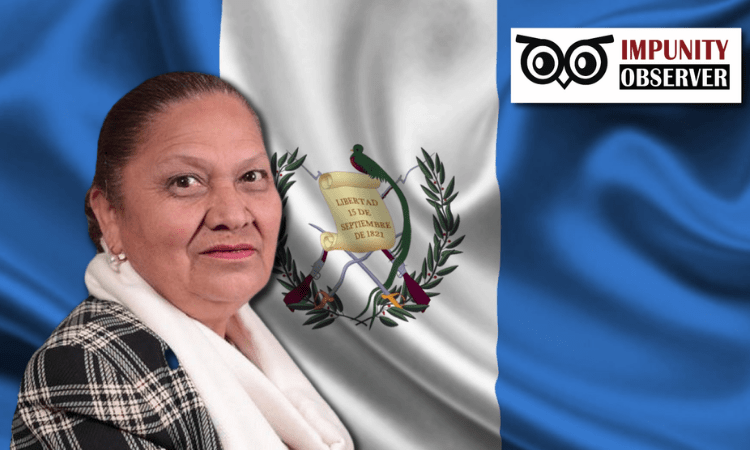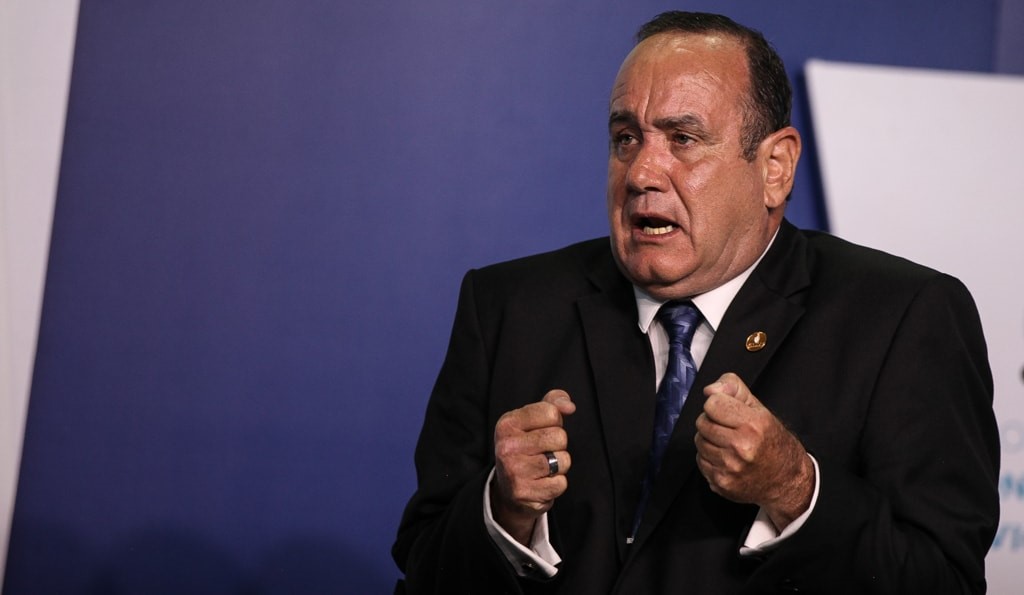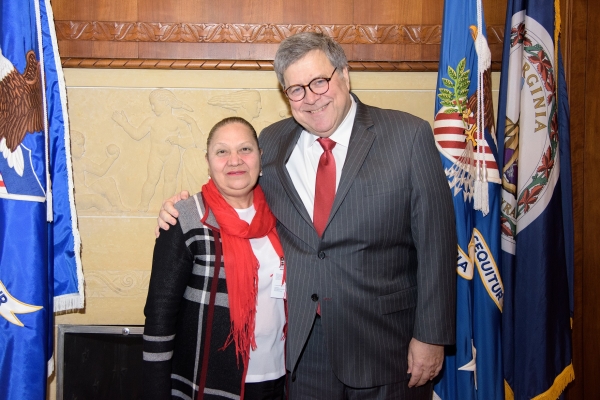Latin America
Related: About this forumGuatemala court strikes down money laundering sentence against well-known journalist
Reuters
October 13, 20235:31 PM CDT Updated 3 hours ago
GUATEMALA CITY, Oct 13 (Reuters) - A Guatemalan court has struck down a six-year sentence for money laundering against journalist Jose Zamora and ordered a new trial be prepared, Zamora's son told Reuters on Friday.
Zamora is a well-known journalist whose work has criticized successive governments, and the case sparked outcry from rights groups who branded the case an attack on free speech.rom
https://www.reuters.com/world/americas/guatemala-court-strikes-down-money-laundering-sentence-against-well-known-2023-10-13/
~ ~ ~
From June, 2023:
16 JUN 2023 | JOINT STATEMENT
Conviction of José Rubén Zamora: A Strong Blow to Independent Journalism in Guatemala
Guatemala City, San José, Mexico City, The Hague and Washington DC, June 16, 2023.
International organizations consider the conviction of Guatemalan journalist José Rubén Zamora, founder and president of elPeriódico, one of the most independent and critical media outlets in the country, a serious blow to democracy and freedom of expression. On June 14, José Rubén Zamora was sentenced to 6 years in prison without parole, as well as the payment of Q300,000 quetzales for the crime of money laundering.
The criminal proceedings against him and the former prosecutor of FECI, Samari Gómez, were marked by irregularities and their rights to due process and to defense were violated. During the process, Zamora was forced to repeatedly change legal representation due to pressure from the Public Prosecutor’s Office and the Foundation Against Terrorism, which acted as a complementary prosecutor in the process. In total, Zamora had nine different lawyers during the process; four of them were prosecuted and imprisoned and two had to leave the country. Finally, Zamora was represented by a public defender, who did not have a reasonable amount of time to get to know the file and prepare a defense strategy.
As a result of the persecution against Zamora, the newspaper elPeriódico was forced to shut down due to a lack of resources as well as the persecution by the Public Prosecutor’s Office against journalists, columnists and the newspaper’s administrative staff. The Public Prosecutor’s Office has accused nine journalists and columnists of elPeriódico of allegedly “obstructing justice” for publishing articles highlighting anomalies in the Zamora trial and for questioning the actions of the Public Prosecutor’s Office and the judge in charge of the case.
We welcome the news that former prosecutor Samari Gómez, accused in the same case, has been declared innocent and regained her freedom. This shows that the Public Prosecutor’s Office lacks evidence and reliable proof to prosecute former FECI prosecutors, and that its only intention is to criminalize those who led the fight against corruption and impunity during the period that the International Commission against Impunity and Corruption (CICIG) operated in Guatemala.
More:
https://www.wola.org/2023/06/conviction-jose-ruben-zamora-strong-blow-independent-journalism-guatemala/
~ ~ ~
“The Guatemalan Attorney General should resign in Christian conscience”
Thursday, October 12, 2023
Roman Gressier
Leer en español
“There are at least four blockades separating us,” Cardinal Álvaro Ramazzini wrote over an encrypted messaging app upon accepting this interview. “It would be better to do it over video chat. Don’t put yourself at risk.” These are convulsive days in Guatemala, with a hundred blockades of highways and streets around the country in protest against Attorney General Consuelo Porras’ abuse of power. Ramazzini’s diocese is in Huehuetenango is some six hours by highway from the capital. At the time of this conversation, dozens of riot police had been dispatched to the Peripheral Ring highway, one of the gateways west from Guatemala City.
Ramazzini has taken the side of the demonstrators. So, too, he says, are all of Guatemala’s bishops. On behalf of the Episcopal Conference, he has repeatedly condemned the Public Prosecutor’s Office’s (MP) obstacles to the electoral process and the transition of power that should culminate on January 14 with the swearing-in of President-Elect Bernardo Arévalo. Five days ago, he stood in front of the MP headquarters in the capital and, escorted by the 48 Cantons of Totonicapán and Indigenous Mayor’s Office of Sololá, addressed hundreds of demonstrators: “I can not turn a deaf ear to the cries of a people who for centuries have demanded that their voice be heard.”
The cardinal is a prominent defender of migrants’ rights —he was one of the founders in 1999 of Casa del Migrante, whose shelters pepper the path across Guatemala, administered by Scalabrinian missionaries— and vocal in the causes of campesinos and the defense of national resources. He was not always such an open critic of the administration of Alejandro Giammattei; he says that before the pandemic he unfruitfully tried to mediate between the government and communities in Huehuetenango amid a dispute over a hydroelectric dam — until Giammattei, he says, “made clear to me that he was the president and would do as he pleased.” Now, with more benevolence than many others concede to Giammattei, he accuses the president of being lukewarm in the current crisis.
With the country in its tenth day of a national strike, he again offers his mediation to the government. In this conversation he accuses the Foundation Against Terrorism of defending “a racist and exclusionary Guatemala,” marks distance from CODECA, whom he criticizes for their radicality, and highlights his friendship with some business leaders, despite their differences. “I have no basis to say whether they are responsible or not for the current crisis,” he says of the private sector, “but they bear much responsibility for the historical process of discrimination and marginalization of the most impoverished sectors of Guatemala.”
More:
https://elfaro.net/en/202310/centroamerica/27104/the-guatemalan-attorney-general-should-resign-in-christian-conscience

Attorney General Consuelo Porras

Guatemalan President Alejandro Giammattei

Attorney General of Guatemala Maria Consuelo Porras Argueta and U.S. Attorney General William P. Barr